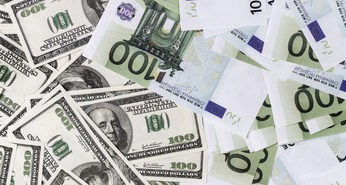- The US Dollar is back from a break, gaining ground across the board.
- A mix of optimism, good enough data and rising yields is behind the greenback comeback.
The US Dollar dropped on Thursday amid disappointing inflation data. Risk currencies also enjoyed no news on the trade tariffs that the Trump Administration wants to impose on China.
The greenback is now making a comeback across the board even though the new data are not great and the trade spat with China is far from being resolved.
What pushes the greenback higher? Here are three reasons:
1) Good enough retail sales
While the figures for August fell below expectations, the report included upward revisions that fully mitigated the disappointing data.
FXStreet Senior Analyst Joseph Trevisani says:
The modest August retail sales report, weaker than expected but with hefty upward revisions to the July numbers should give the dollar an even keel into today’s session following weakness from yesterday’s slowing August inflation.  If the U.S. consumer remains buoyant much else can be forgiven. The  retail sales control group, which informs the government’s GDP calculation suggests that economic growth may have ebbed slightly in August.
Update: US industrial output beat expectations with a rise of 0.4% in August on top of an upwards revision.
2)Â Optimism from the Fed
FOMC members Robert Kaplan and Charles Evans are happy with the strength of the US economy and the US consumer. In fresh speeches on Friday, they gave a small boost to the US Dollar.
Fed Governor Lael Brainard said on Thursday that the Fed might continue raising rates beyond the neutral rate. After the CPI data missed, some thought that the Fed’ interest rate is reaching a neutral level. It may do so but then go beyond neutral to a tightening mode.
3) Yields
The benchmark 10-year US yields are climbing to almost 3%. We have been there before, but the round number attracts attention. Also, yields are rising on the shorter end of the of the curve.
Higher yields make the US Dollar more attractive. This is especially felt against the yen, but also the euro and the pound are on the back foot while the Australian dollar’s reprieve seems to be over.
More:Â Triple trade truce unlikely to last, USD may resume the rally



